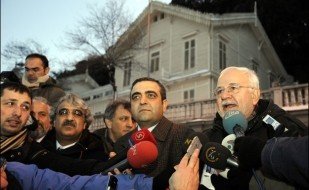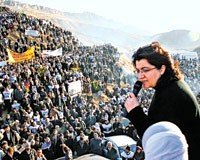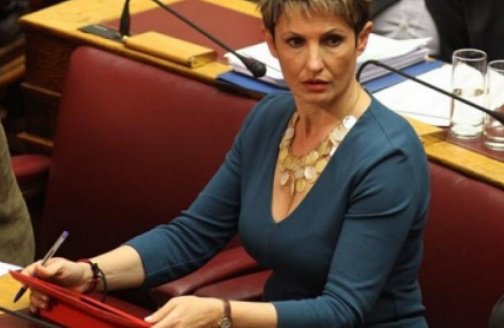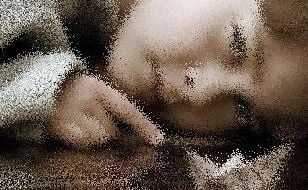A letter signed by more than a hundred academics, writers, artists, representatives of NGOs and rights activists, as well as 14 presidents of Bar Associations in the east and south-east of Turkey, was handed over to President Abdullah Gül today (18 February).
A delegation of thirteen people met with the President in order to hand him the letter.
The letter argues that the Kurdish issue needs to be solved peacefully. The undersigned said that the country’s future needed “a mentality which does not discriminate, which does not send children into death, and which is based on justice and peace.”
Election promises not kept, nationalism on the rise
Despite promises made in the election campaigns of last summer, so the letter, there have been no steps taken to solve the Kurdish issue. On the contrary, there has been an increase in violence and nationalism, which has led to tensions between Turks and Kurds.
“Despite all the negative events, we believe that it is possible to remember and repair the brotherhood of the peoples who have lived together for hundreds of years.”
The letter also emphasised that the Kurdish issue “is not only one of violence and law and order.” It was, said the undersigned, also an issue with cultural, social, political, psychological, humane and economic dimensions.
The problem could only be solved through politics, not in courts. The undersigned pointed out that closing the pro-Kurdish Democratic Society Party (DTP), which represented around 2 million Kurdish citizens, would only make the problem worse.
President should take "active stand"
The letter ends thus:
Honourable President,
We, who have shared the same pain and worries and who hope for peace, declare that we miss looking into each others’ eyes without embarrassment, embracing without fear, and living together in brotherhood. We miss and defend such a unity. We will work towards fulfilling our dream. The constitution has given the duty of representing the unity of the nation to the President. We expect you to take an active stand in solving the problems discussed above.” (NZ/TK/AG)













